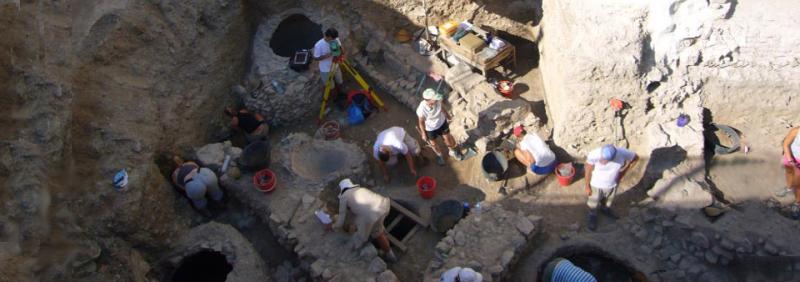
About the Minor in Archaeology
The interdisciplinary minor in Archaeology offers rigorous academic study of the archaeological record and its interpretation from cultures of great antiquity through the modern period. The curriculum engages students with methodological training in archaeological recovery and analysis, as well as the theoretical underpinnings of how we know what we know about past societies through the material traces of human activity.
Students also grapple with the ways in which archaeology is experienced and shaped through the heritage industry, popular culture, museums, as well as political, social, and cultural movements. As they prepare for careers or graduate study, Archaeology minors are encouraged to explore these problems while gaining foundational knowledge in the archaeology of a wide variety of cultures throughout the Old and New worlds, including ancient Anatolia, Mesopotamia, and Iran, the ancient and medieval Mediterranean, the Islamic world, South Asia, Pre-Columbian North and South America, as well as archaeology in and of the contemporary world.
Upon completion of the minor, students are equipped to think critically about the archaeological record and as educators, museum professionals, researchers, lawyers, as well as policy makers and employees of cultural institutions and heritage sites in various roles across multiple government agencies (forestry, BLM, state parks, etc.) who manage our shared cultural resources. The minor's curricular structure consists of an introduction to archaeology (category A), one or more geographically- or historically-focused surveys to gain foundational knowledge in the archaeology of a specific region, time period, or culture (category B), and upper-division lectures or seminars that explore specific archaeological problems in greater depth (category C). To ensure interdisciplinarity, students are allowed to take no more than five courses from any single academic unit.
